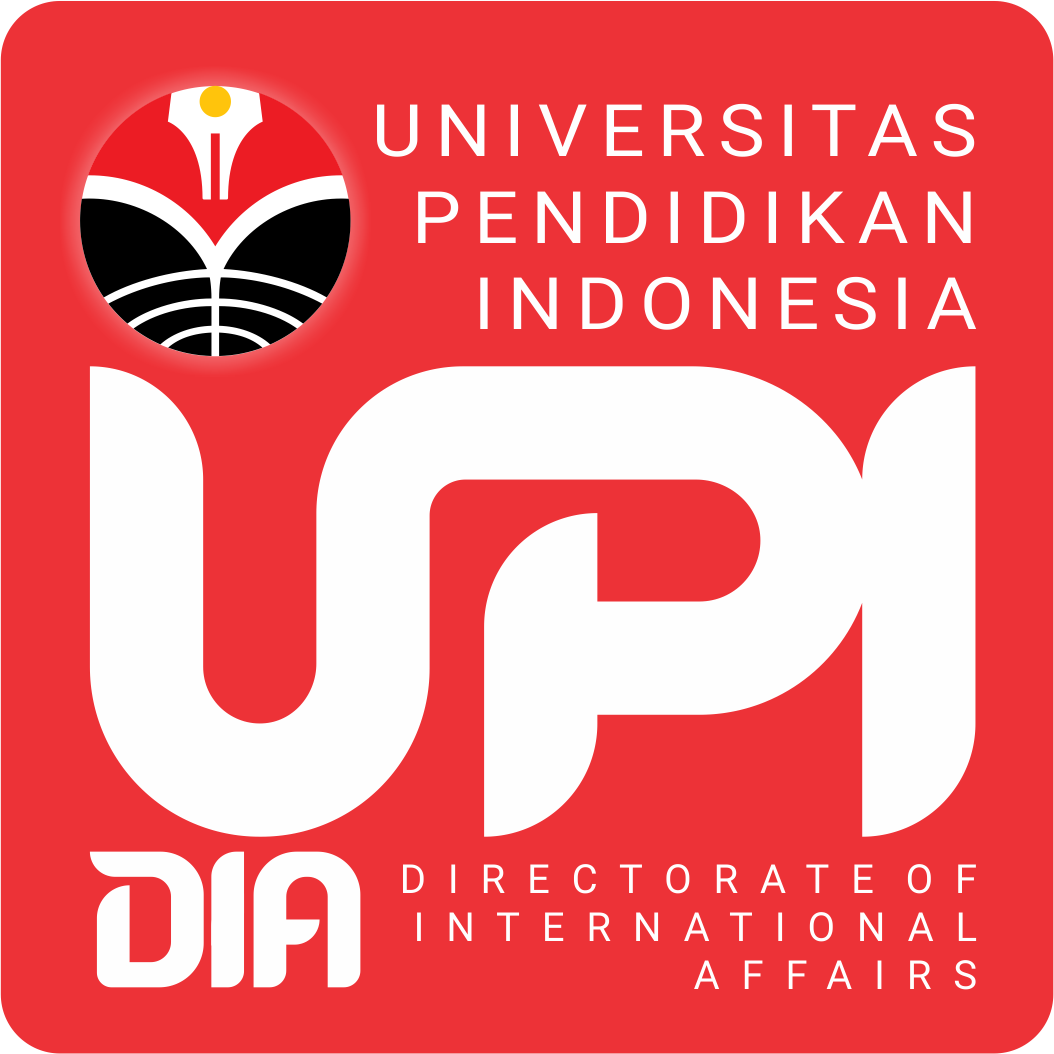
“How about holding back heat so the glass doesn’t break, is it necessary to use bullet-proof glass?,” asked a class VIII-A student of the Integrated Islamic Junior High School (SMPIT) Nur Al Rahman named Jalu to his group mates while following the cycle of the open class movement on the theme of the glass house effect.
The atmosphere in the discussion of the open class movement, as told by the observer, Eni Nuraeni, suddenly made the teachers and observers in the reflection session laugh out loud. “This proves that these students can think critically and the questions contain elements of Science, Technology, Engineering, and Mathematics (STEM),” said Eni, who is a lecturer at the Faculty of Mathematics and Natural Sciences, Universitas Pendidikan Indonesia (UPI) during the open class movement. class) at the Integrated Islamic Junior High School (SMPIT) Nur Al Rahman (14/4).
The Open Class Movement Cycle is part of the STEM learning implementation program at the nuclear school as a series of activities in the STEM Education Leadership program. This activity is a collaborative program of the Center for the Development and Empowerment of Educators and Natural Sciences Education (P4TK IPA), the Ministry of Education, Culture, Research, and Technology (Kemendikbudristek) with MeriSTEM – Nanyang Technological University (NTU) Singapore, the Indonesian Lesson Study Association (ALSI). ) and the Indonesian Education University (UPI) which will start from 2021-2023. This collaboration is summarized in the auspices of the Memorandum of Understanding in the field of education between Indonesia and Singapore which was mutually agreed in September 2017.
The National Coordinator of the STEM Education Leadership Program, Arif Hidayat from UPI stated that the program aims to increase the competence and relevance of teachers in STEM learning to form learning leadership and 21st century student competencies through learning communities in nuclei schools and their networks.
Meanwhile, separately, Teo Tang Wee, MeriSTEM Coordinator from NTU in Singapore, underlined that there are nine consultants from meriSTEM who are tasked with providing feedback on STEM integration. In addition, he also recommends effective pedagogical practices that support the implementation of problem-based, solution-based, and user-centric STEM lessons throughout the four Open Class cycles.
A brief testimony was delivered by a participant in STEM Education Leadership, a teacher of Information and Communication Technology (ICT) SMPIT Nur Al Rahman, Guntur Dwi Wijaksono. “After attending the 1st cycle of the STEM Education Leadership program, we saw that several students in grades VIII-A began to increase their self-confidence and were active in learning discussions in class and socializing with peers,” explained Guntur.
STEM Education Leadership has established 20 schools in selected cities/districts in Indonesia to become pilot schools (nuclei schools) with collaborative facilitation from MeriSTEM Singapore, Widyaiswara P4TK Science and Mathematics, as well as lecturers from ALSI through the Open Class Movement pattern, namely Design – Open. Class – Reflection – Redesign.
The benefits of the program were also responded positively by a participant, namely the Mathematics teacher of the Eben Haezar 1 Christian Middle School in Manado, Glorya Marseli Ontah. “I want to develop STEM projects into intra-learning and collaborate with other subject teachers to add insight,” explained Glorya who is also a tutor.
The hope to be able to carry out science learning with a STEM approach by taking into account the characteristics of the environment around the school was also conveyed by another STEM Education Leardership participant, namely a science subject teacher from the Technical Implementation Unit (UPTD) of SMP Negeri 3 Batu Ampar, South Kalimantan, Muhammad Ali Ridho.
“We want to develop STEM-based teaching tools that train 21st century skills with peer teachers who teach science subjects in schools,” said Ali while hoping that through the program that he participated in, he would be able to improve his understanding of observing science learning.
